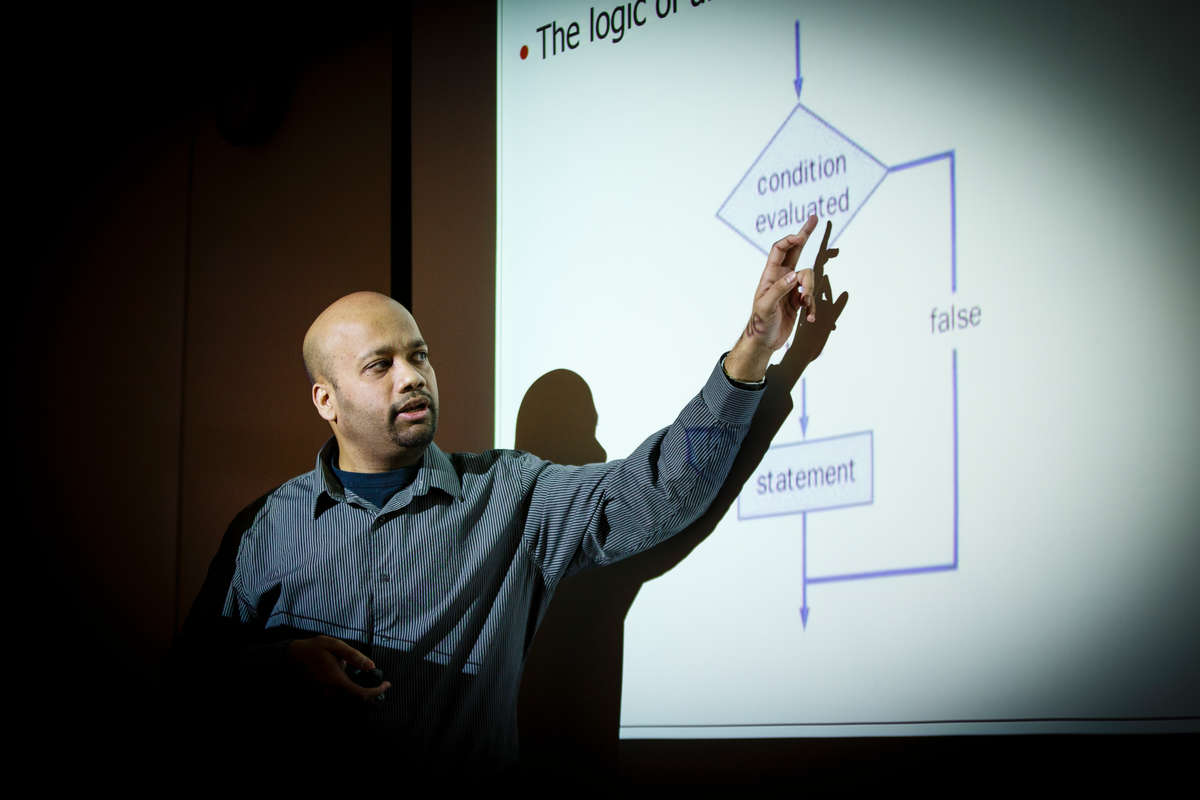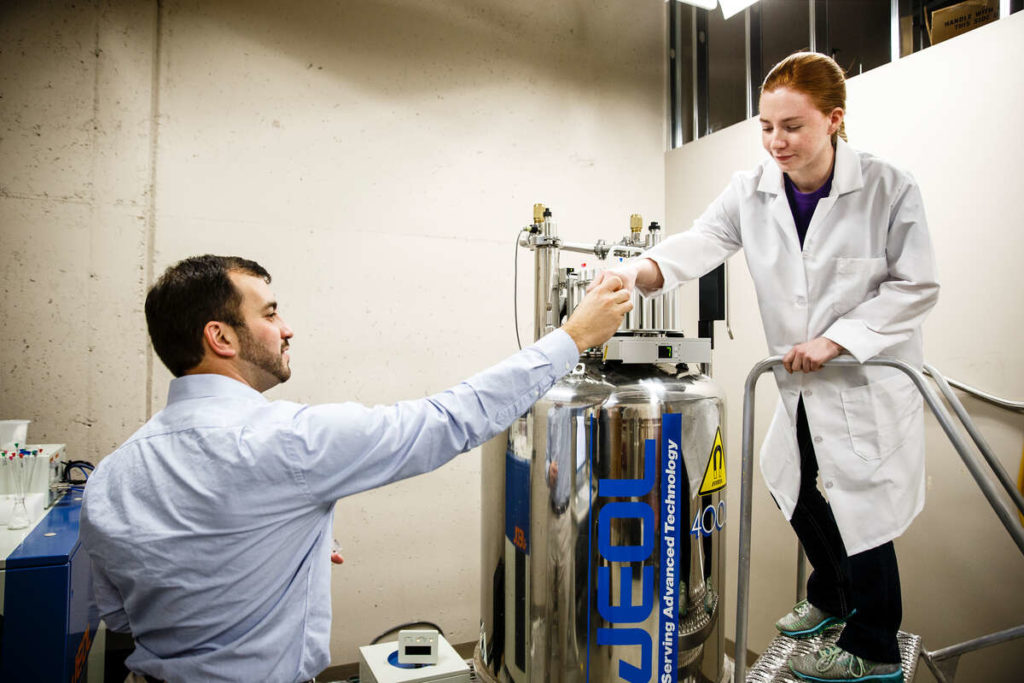This "Outside Consultant" column by Manjeet Rege, PhD, director of the Center for Applied AI, ran in the Star Tribune on May 2, 2022.
Artificial intelligence has led to numerous breakthroughs that have disrupted the usual way we do many things and have improved our lives in several ways that we could only have imagined in the past. From voice assistants like Siri and Alexa to self-driving cars and manufacturing robots, AI is present in our everyday lives.
One sector, however, where many have doubted that AI could make a difference is critical thinking from lawyers in the courtroom. There are many ways, though, that AI can help the legal process without replacing the lawyers. A lawyer who prepares adequately has more chances of winning their case. AI can help by efficiently assisting the legal team in doing research about cases similar to those they are handling. AI eliminates the arduous task of legal analysis by searching and discovering case numbers and main arguments of cases in bulk documents.
In addition, intellectual property law has many possible AI applications.
For instance, a key component of intellectual property is due diligence. Finding critical patents in a portfolio is a cumbersome task where automation can be handy. AI technologies mimic the behavior of expert searchers by comparing competitor and market information with existing patents. In 2016, the due diligence for the acquisition of ARM by SoftBank for $31 billion was completed in a matter of days using AI systems, as reported by Forbes.
During a patent filing, inventors must answer any questions about their inventions to understand them in detail. The questions are supposed to cover almost every detail about the invention. AI could play a considerable role by reducing the time spent asking questions the traditional way and asking more focused questions.
AI can even draft a patent application, but it still needs to be proofread since this has not yet been perfected. Nonetheless, writing using AI also has seen improvements in recent years, and not only in the legal space but in all sectors that require extensive writing. AI provides editors capabilities that check spelling and grammatical errors and help correct them.
From the home to the workplace, the future holds many possibilities for using AI to make lives more productive.
Manjeet Rege, PhD, is professor and chair of the Graduate Programs in Software and director of the Center for Applied AI at the University of St. Thomas. He’s also host of the “All Things Data” podcast.







